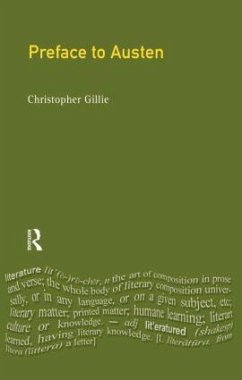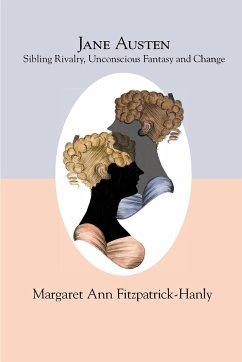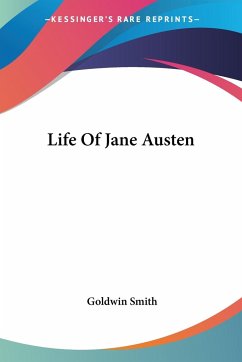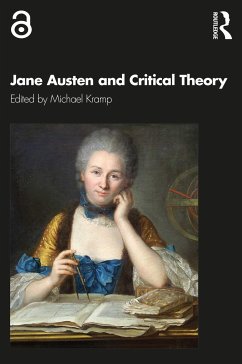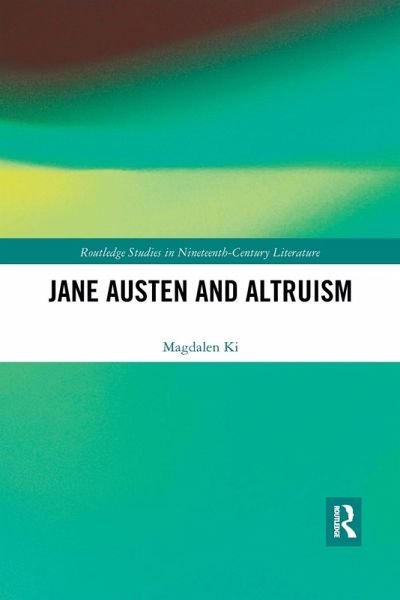
Jane Austen and Altruism
Versandkostenfrei!
Versandfertig in 1-2 Wochen
56,99 €
inkl. MwSt.
Weitere Ausgaben:

PAYBACK Punkte
28 °P sammeln!
Jane Austen and Altruism identifies a compelling theme, namely, the view that Jane Austen propounds a rigorous, boundary-sensitive model of altruism that counters the human propensity to selfishness and promotes the culture of cooperation. In her days, altruism was commonly known as "benevolence", "charity," or "philanthropy", and these concepts overlap with Auguste Comte's later definition of altruism as "otherism". This volume argues that Austen's thinking co-opts the evolutionary idea that altruism is seldom truly pure, egoism cannot be eradicated, and boundless group altruism is not sustai...
Jane Austen and Altruism identifies a compelling theme, namely, the view that Jane Austen propounds a rigorous, boundary-sensitive model of altruism that counters the human propensity to selfishness and promotes the culture of cooperation. In her days, altruism was commonly known as "benevolence", "charity," or "philanthropy", and these concepts overlap with Auguste Comte's later definition of altruism as "otherism". This volume argues that Austen's thinking co-opts the evolutionary idea that altruism is seldom truly pure, egoism cannot be eradicated, and boundless group altruism is not sustainable. However, given that she comes from a naval and clergy family, she witnesses the power of wartime patriotism, the Evangelical revival, the Regency culture of politeness, and the sentimental novels. In her novels, she locates human relationships along an altruism continuum that ranges from enlightened selfishness to pathological altruism. Unconditional love is hard to find, but empathy, kin altruism, reciprocal exchange, and group altruism are key to the formation of self-identity, family, community and the nation state.





